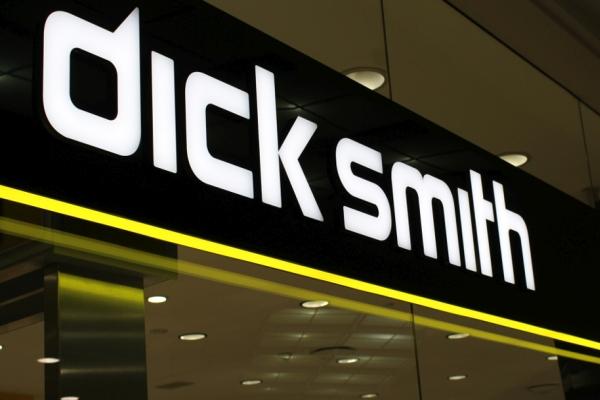Published on the 13/01/2016 | Written by Beverley Head

While the New Year kicked off with the annual circus that is the Consumer Electronics Show, revealing gizmos galore, the portents for 2016 in this segment of the tech sector seem more dour…
Just as CES was opening its doors to reveal the latest in consumer focused virtual reality devices, entertainment platforms, drones and various tech enabled transport options, ANZ consumer tech retailer Dick Smith was placed in receivership.
While the company continues to trade during the administration period, it is up for sale, and its first meetings of creditors is scheduled for tomorrow, Thursday, in Sydney and Auckland.
Former CEO Nick Abboud stepped down from the company yesterday.
Abboud has overseen a period of intense change at the business after Dick Smith was sold to Anchorage Capital Partners by Woolworths for $20 million in 2012. In an astonishing manouevre in late 2013 the company was floated for $520 million as Abboud charted a strategy reliant on rapid growth.
The company eventually operated 393 stores across Australia and New Zealand. While a small percentage of sales were made online, it was still heavily reliant on the success of physical stores.
However the business model came badly unstuck, leaving secured creditors owed $A140 million, while unsecured creditors are owned around $250 million. Among the company’s unsecured creditors are the poor unfortunates who received Dick Smith gift cards under their Christmas tree this year.
In a classic case of shutting the stable door after the horse has bolted, independent Senator Nick Xenophon is now proposing legislative reform that would protect holders of gift cards in the event a company goes belly up before they can be redeemed. It’s cold comfort for Dick Smith’s current creditors though.
Dick Smith may not be the last to suffer from cooling consumer ardour. A new report released this week by Accenture, following a survey of 28,000 consumers in 28 countries, suggests the sheen may be going off consumer tech.
Not only did the survey reveal a reticence to invest in Internet of Things devices it noted sluggish demand for smartphones, tablets and TVs among Australian consumers. Only 38 percent of Australian respondents said they planned to buy a new smartphone in 2016, while 25 percent wanted a new TV and just 23 percent were planning to buy a tablet.
According to Sami Luukkonen, global managing director for Accenture’s electronics and high tech group; “The slowdown in the consumer technology market is irrefutable, serious and global. The market is not about the glitzy gadgets anymore—rather, it’s about providing secure, innovative and practical digital services and more open collaboration. As device demand tapers off, the industry needs to make a sharp turn toward providing innovative, value-added services that consumers are able to use with confidence.”



























